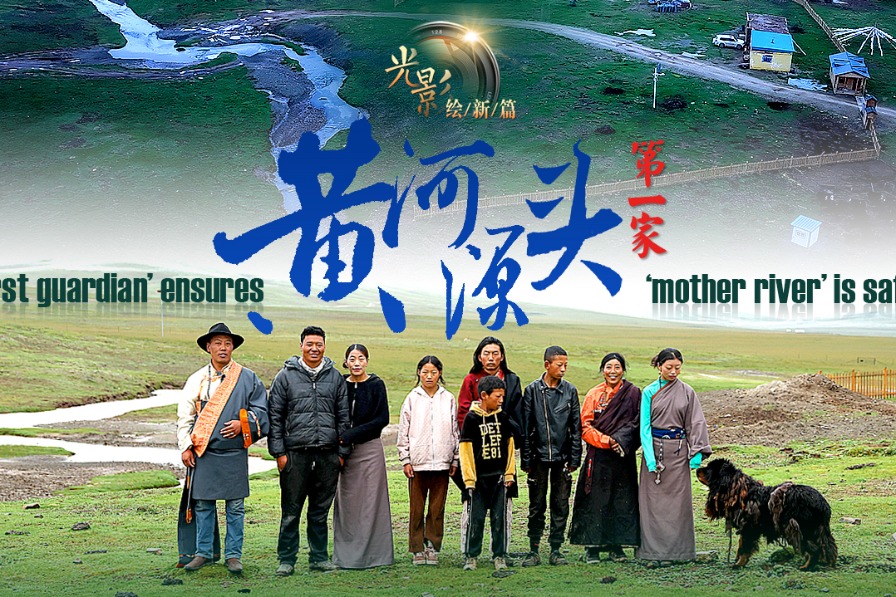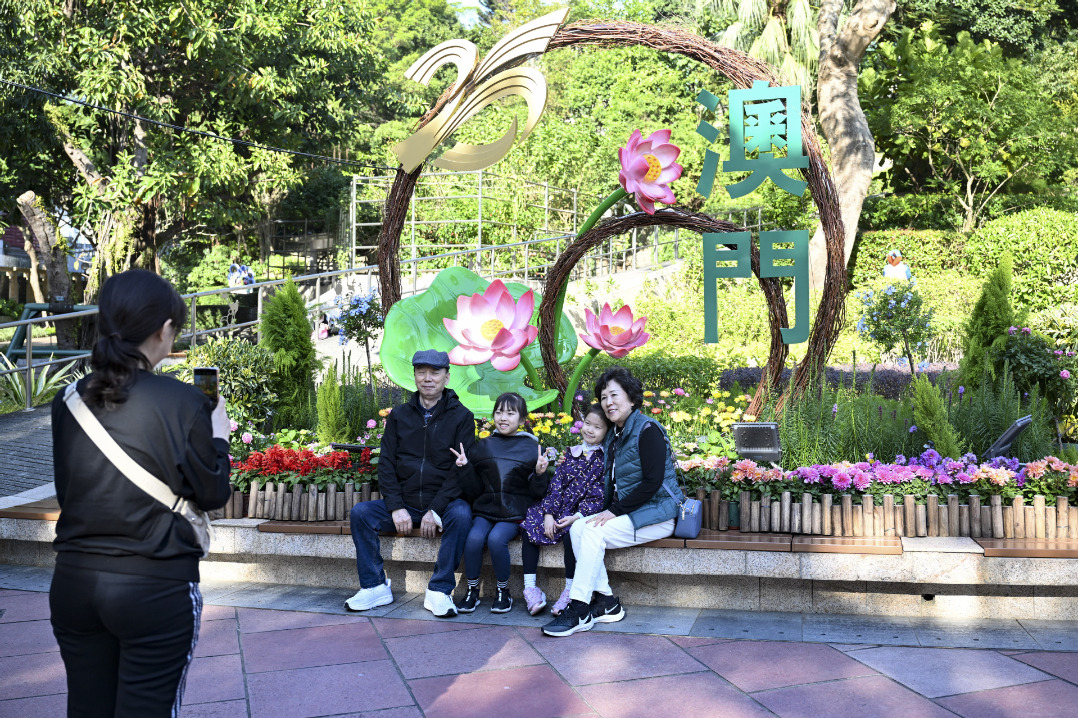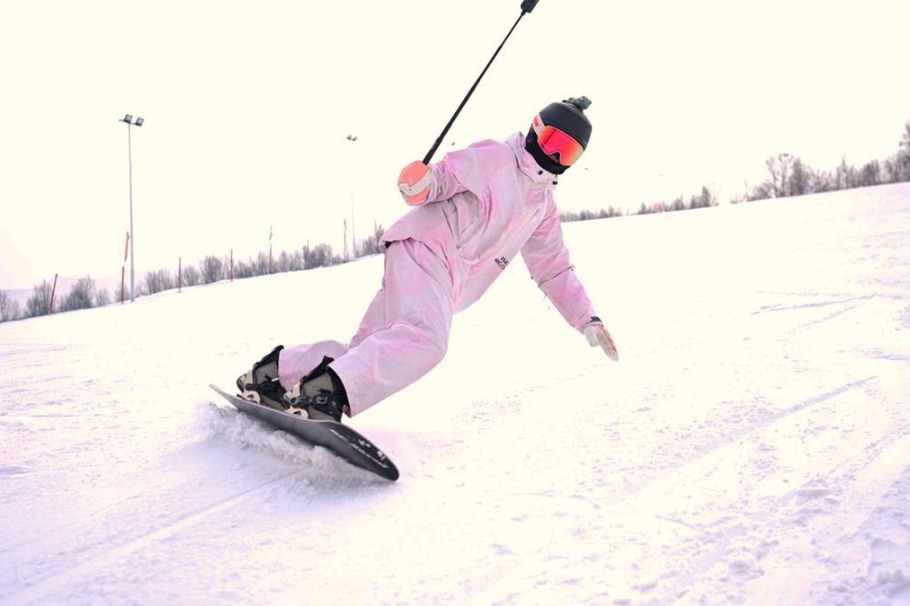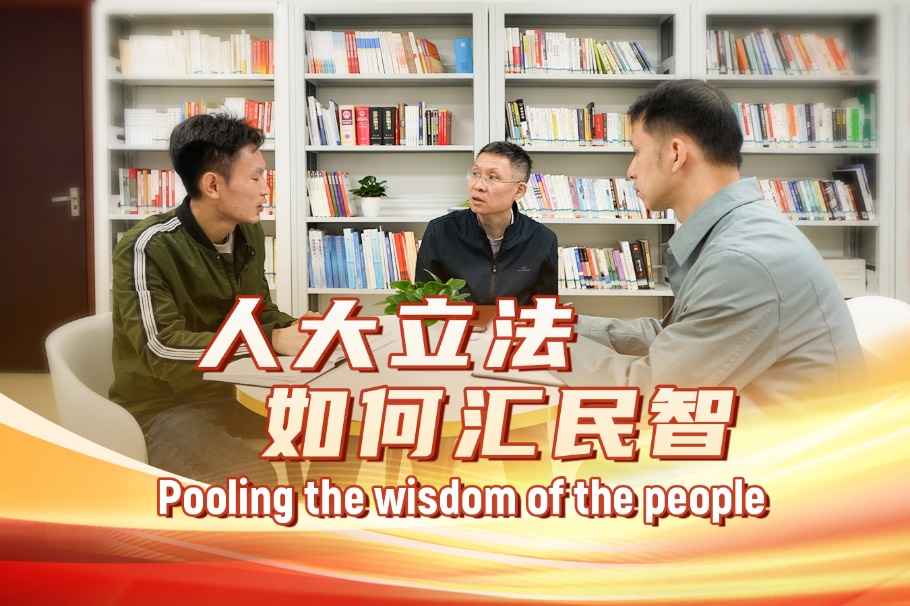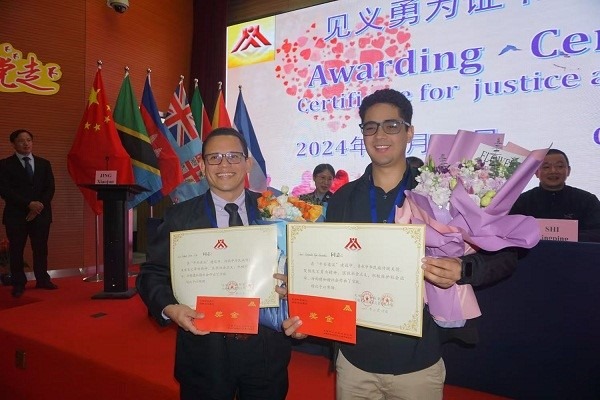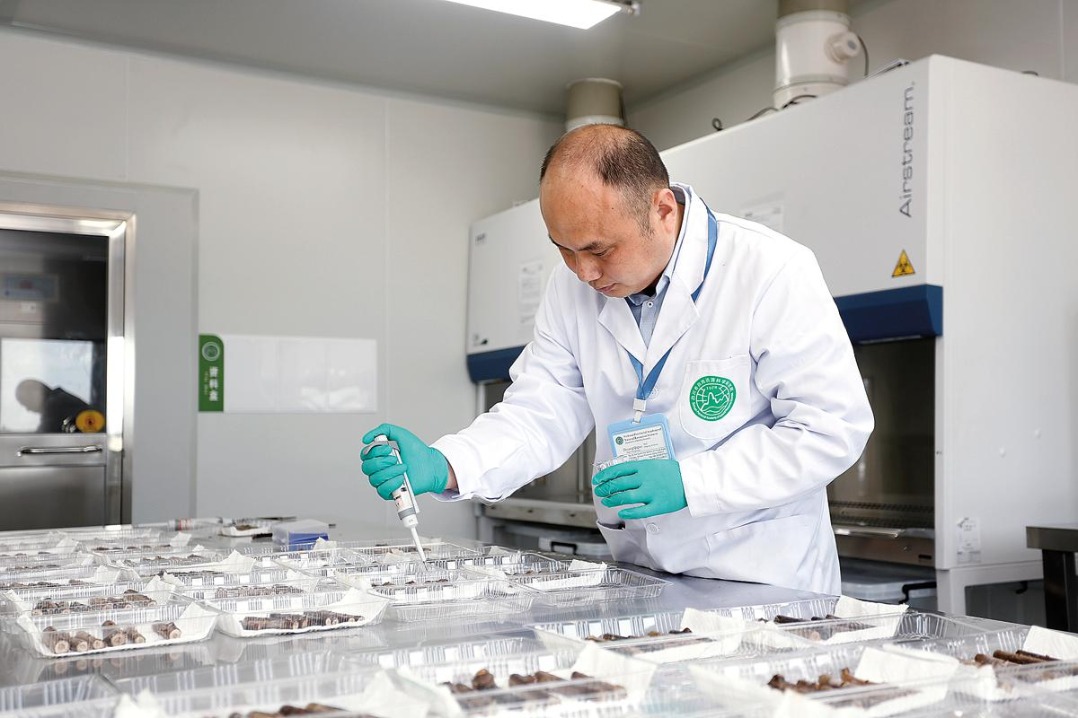69 years on, war hero still inspires tourists

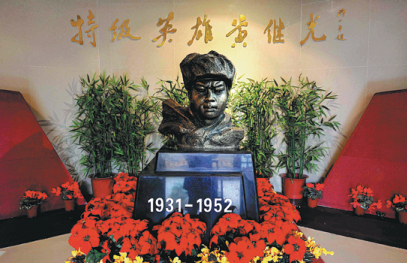
Although Huang Jiguang, a signalman with the Chinese People's Volunteers troops, passed away 69 years ago, a lot of people still visit his memorial hall in his home county of Zhongjiang in Sichuan province.
Many visitors have known of Huang's heroic deed since childhood. He is known for blocking the opening of an enemy blockhouse through which a machine gun was being fired with his chest.
According to Tu Lin, curator of the Huang Jiguang Memorial Hall, 2 million people have visited in the past three years.
The hall, built to mark the 10th anniversary of Huang's death in the Korean War in 1952, is a patriotic education base, said Tu, who has worked there for 29 years.
On Oct 14, 1952, troops from the United States launched a massive attack on Highland 597.9, kicking off the Shangganling Campaign. Also known as the Battle of Triangle Hill, Shangganling was one of the most protracted military campaigns during the War to Resist US Aggression and Aid Korea (1950-53).
Triangle Hill was occupied by the CPV army, and over the course of nearly a month, substantial US and Republic of Korea forces made repeated attempts to capture the hill. Despite clear artillery and aircraft superiority, escalating casualties resulted in the attack being halted after 42 days of fighting, with the CPV retaining its original positions.
The CPV dispatched 40,000 soldiers and fired 400,000 shells, while enemy forces dispatched 60,000 soldiers and fired 1.9 million shells and 5,000 aerial bombs.
The assault left no vegetation alive and turned the mountain top into a pile of ash half a meter deep. The ferocity of the battle set a record at the time for the largest number of bombs dropped.
According to Tu, the reason the CPV was able to beat back its opponents was that it had many heroes like Huang.
After a fierce four-day battle, Huang's battalion was ordered to take back Highland 597.9 on the western side of Shangganling on the night of Oct 19.
Huang, then 21, arrived at the sixth company with the battalion chief of staff. After the company had occupied three positions, its advance was blocked in zero position, where there was a cluster of US firing posts. To take back the highland, the company had to get rid of them first.
The chief of staff dispatched three blasting groups in a row, but all were killed. It was almost dawn, when the CPV was due to charge. If the posts could not be eliminated, the military operation would be delayed.
Huang stepped forward and asked for the task. The chief of staff approved his request, and put him in charge of two other soldiers.
After destroying several posts, one of the soldiers was killed and the other seriously injured. Huang himself suffered many injuries.
US flares lit up the surroundings as if it were daytime. Strafing blocked Huang's way forward. He took advantage of the smoke from the explosions and continued to crawl toward the post despite his injuries. As he approached the central US post, he threw his last grenade.
It exploded, blowing up half of the post. The machine gun stopped firing, and Huang passed out as a result of the blast.
Just as the CPV began to charge, the gun roared back into action, blocking them again.
Huang came to but had run out of ammunition. In great pain, he crawled to the post and stood to block the muzzle of the machine gun with his chest.
"I was about 50 meters from Huang Jiguang and saw him charge the placement the enemy fire was coming from. He used his body as a shield to take fire from the machine gun," said Li Jide, a veteran of the CPV.
Huang died, but he cleared the way for the others. Inspired by his heroic deed, the CPV rushed from their positions and quickly captured the highland.
When Huang's comrades reached zero position, they found his body still pressed against the blockhouse embrasure, his hands holding onto the surrounding sacks, his chest tightly blocking the muzzle.
His left leg had been broken, and he had seven serious injuries to his body. A long blood stain trailed behind him. There was no blood coming from his wounds, nor was there any in front of the blockhouse. It was as if he had shed all his blood before he reached his target.
The perseverance with which Huang dragged his seriously injured body to reach the enemy position and block the embrasure can only be imagined, Tu said.
Xiao Kaifeng and Shen Zaiwang contributed to this story
- Annual buzzword selection highlights changes in China, world
- Audience sing 'Ode to the Motherland' at a gala in Macao
- Xi says 'one country, two systems' policy must be long upheld
- Chinese scientists publish findings from lunar soil samples
- Xiangtan hairdresser dons Ultraman costume for kids' cuts
- Xiconomics: From Chancay to Shanghai: new voyage of common development

















